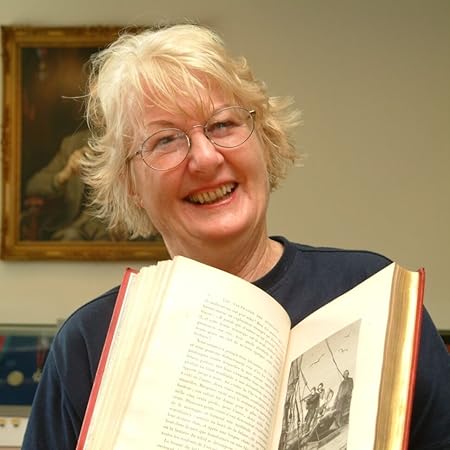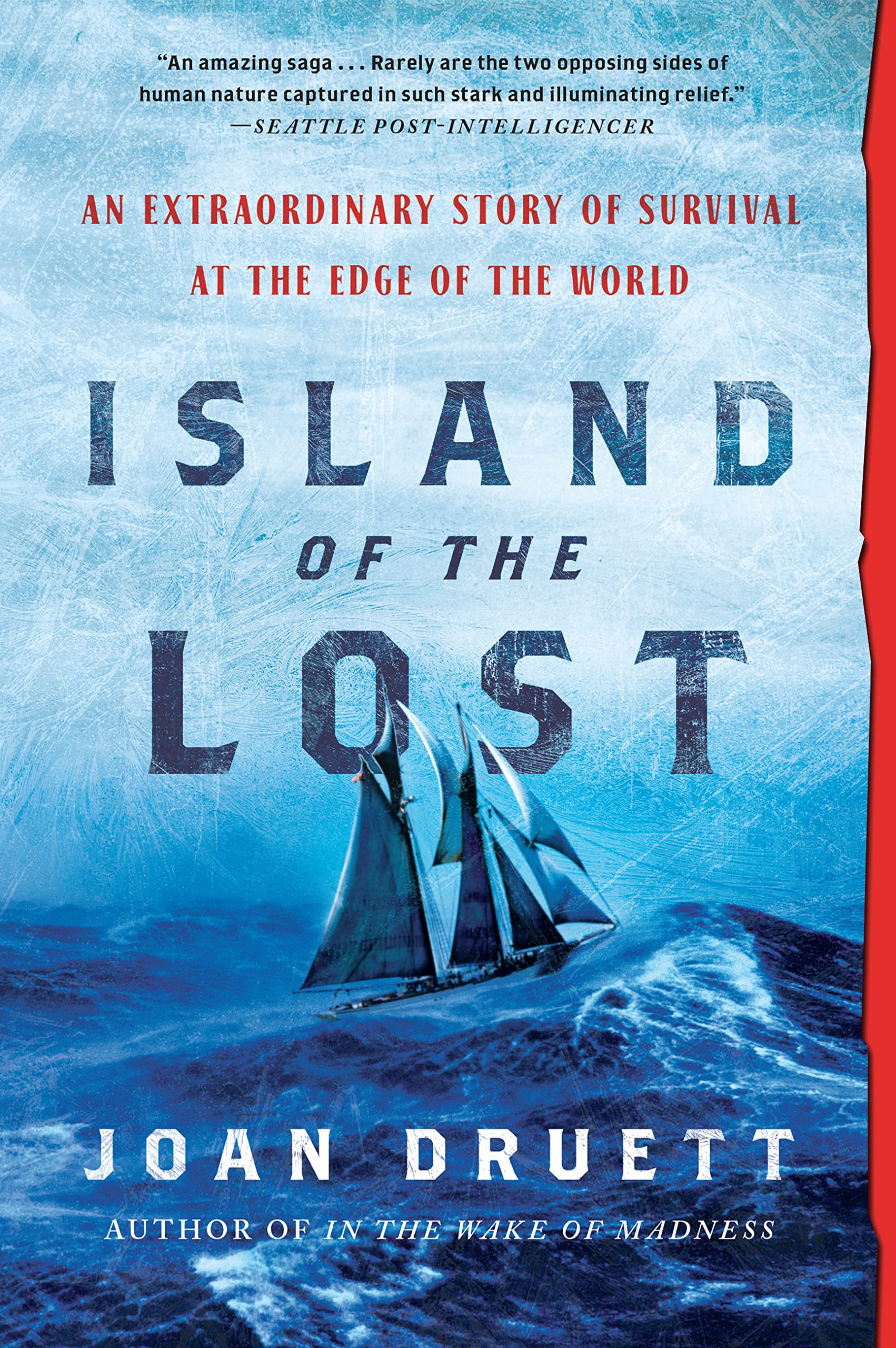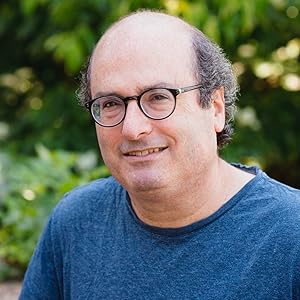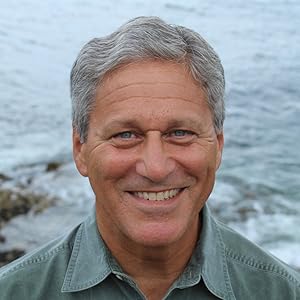Joan Druett
关于作者
I have written for as long as I can remember: my mother kept a "book" I wrote when I was four. It was several pages long, was well illustrated, told a story, and had no spelling mistakes! In my teens I wrote for Maori and science fiction magazines. In my early twenties I worked in Toronto at a university press, and then in London as a copy editor for Gollanz. Back in New Zealand, I wrote travel articles for international magazines and regularly reviewed books for the "New Zealand Herald". This -- plus teaching college level biology -- was interrupted when I stumbled over the grave of a young whaling wife on the tropical island of Rarotonga. It was a life-changing experience..A Fulbright fellowship led to five months of research in New Bedford and Edgartown, Massachusetts; Mystic, Connecticut; and San Francisco, California. The result was the first in a series of books about seafaring wives, all of which have received awards.. Three years on a joint fellowship (with my maritime artist husband, the dear, departed Ron Druett) in the village of Orient on Long Island, led to participation in a prize-winning exhibit, “The Sailing Circle," which received substantial funding from the National Endowment for the Humanities. This project won the highly prestigious Albert Corey Award. Back in New Zealand, I was lucky in getting another fellowship, the Stout Fellowship at Victoria University, Wellington.This gave me the opportunity to keep on writing. Maritime stories for international magazines followed, and I reviewed books for the Boston Globe, the Listener, and other prestigious newspapers and journals. And of course there were books, including "Island of the Lost," which has become an enduring classic in the survival genre, and has been translated in Italy and Ukraine. "Tupaia," the biography of an astonishingly brilliant Tahitian priest and navigator, who sailed with Captain Cook. This won the NZ Post Best Non-fiction Book award, and. has been translated into Chinese and French.
阅读完整简历















